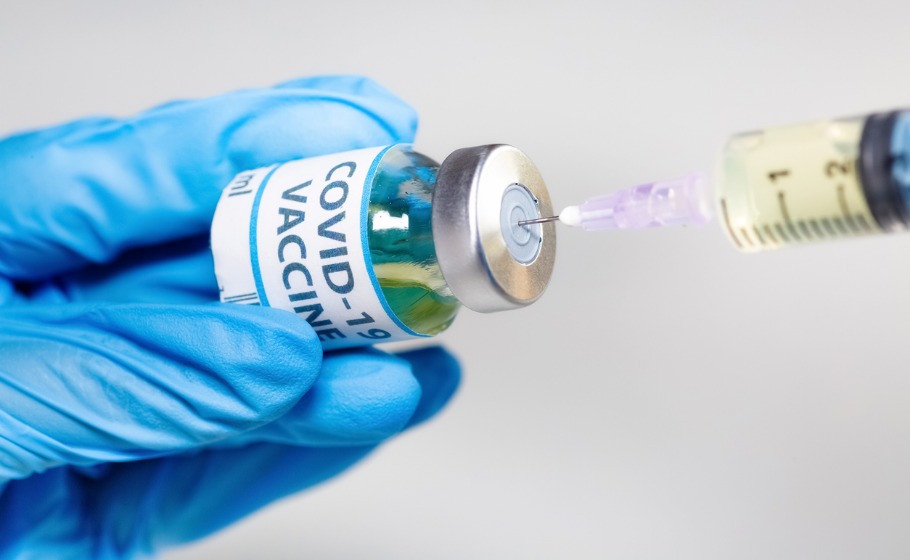
India may approve Oxford vaccine within few days: AIIMS chief
India is expected to start using the Oxford-AstraZeneca vaccine for COVID-19 within days. The vaccine developed by Oxford University and AstraZeneca got its first approval in Britain on Wednesday amid reports of emergence of a new strain of the virus in that country.

India is expected to start using the Oxford-AstraZeneca vaccine for COVID-19 within a few days. The vaccine developed by Oxford University and pharmaceutical firm AstraZeneca got its first approval in Britain on Wednesday amid reports of emergence of a new strain of the virus in that country.
AIIMS Delhi Director Dr Randeep Guleria has called UK’s approval for the vaccine “a big step forward” while asserting that India too may allow its usage within a few days.
“It’s a very good news that AstraZeneca has got approval for its vaccine by UK regulatory authorities. They’ve robust data. In India, same vaccine is being developed by the Serum Institute of India (SII). It’s big step forward not only for India but many parts of the world, said the chief of the All India Institute of Medical Sciences, according to ANI.
Related news | UK nod for Covishield ‘great news’, waiting for India approval: Serum
“Now, we have data from AstraZeneca and its approval is there based on studies in the UK, Brazil and South Africa. There’s also data from the Serum Institute of India (SII). Once the data is shown to the regulatory authority, we should get approval for the vaccine in India within a few days,” Dr Guleria said on Wednesday.
He said the vaccine needs to be stored at a temperature of 2-8 degree centigrade. “We’ve a robust plan as far as vaccination is concerned. We vaccinate pregnant women and children as part of our universal immunisation program. Using the same platform to store vaccine at 2-8 degree centigrade, it’ll be easier for India to roll out vaccines,” he added.
‘No Significant effect of UK strain’
Dr. Guleria said the new strain, which has caused panic in the UK, is unlikely causing any significant effect on cases in India and hospitalisation. However, he cautioned that Indians need to be extra careful and “make sure that we don’t let it come in India in a big way.” It’s a possibility that UK strain may have entered India in November or early December, he said. “But if you look at it epidemiologically, this strain leads to an increase in infectiveness. If you look at our data for last four-six weeks, there was no spike in cases,” he added.
It’s difficult to say if the UK strain was there before it was reported in December in India, said Dr. Guleria, adding, “There’s possibility this may happen as we must remember that this strain was first reported in the end of September and there were people who had an infection with this strain in the UK.”
“In case there is an increase in a number of COVID-19 cases (due to UK strain), we’ll be able to take action. India is in a very good position, our daily new cases have come down, our recovery rate is high and the case fatality rate is down,” the AIIMS chief assured.
He further said a study has shown the UK strain to be more infectious, and therefore it’s a matter of concern and lot of things are set in place by the government in terms of flights from UK. “COVID-19 has undergone some changes and mutations at various places. The reason of concern with the UK strain is that pre-epidemiological data shows it’s more infectious and spreads more rapidly as far as disease is concerned,” he added.

